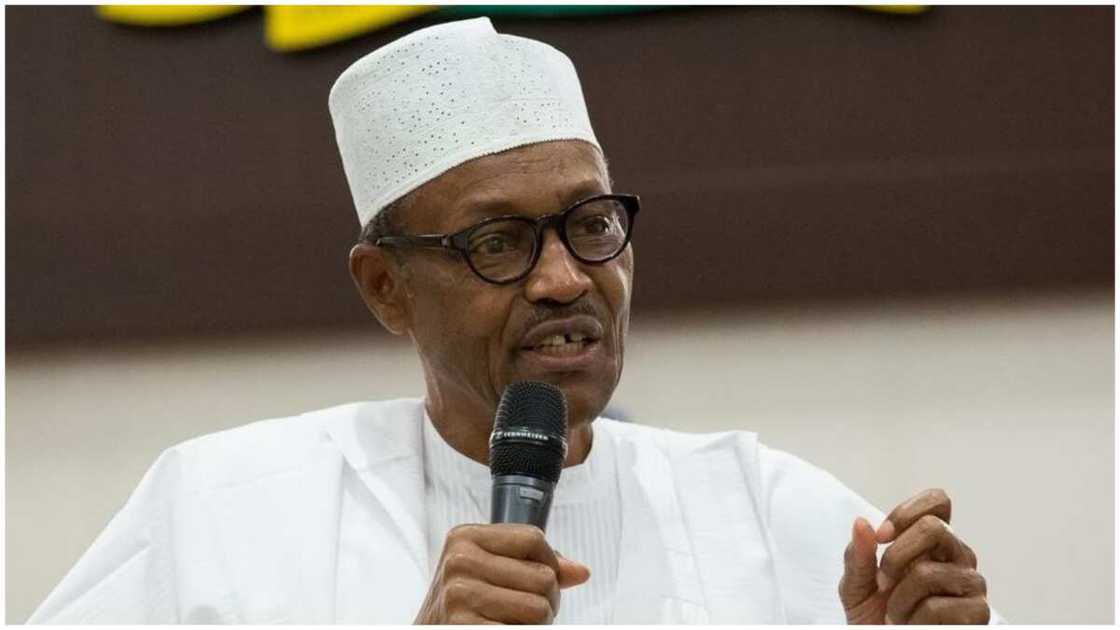Breaking: Finally, Supreme Court Declares Executive Order 10 Unconstitutional, Gives Reason
- The Supreme Court has finally given its judgment on states’ suit instituted by the Attorneys-General of the 36 states of the federation, challenging President Buhari’s Executive Order 10
- The suit raises issues on the validity of Executive Order 10 and funding of state courts and Legislature
- The Executive Order, which was issued last year by the president, empowers the AGF to make deductions meant for state judiciaries from the state governments’ allocations and pay them to the National Judicial Council
The Supreme Court has declared as unlawful and unconstitutional the Executive Order 10 (EO10) issued by President Muhammadu Buhari on the funding of State Judiciary and Legislature.
In a split decision on Friday, February 11, the majority of the court’s seven-member panel agreed that the president exceeded his constitutional powers in issuing the EO10m, The Nation reports.
Six out of the seven members of the panel proceeded to void and set aside the EO10.

Source: Facebook
The majority decision also held that it was not the responsibility of the federal government to fund the capital and recurrent expenditures of the superior courts created for States under Section six of the Constitution, Channels TV added.
PAY ATTENTION: Install our latest app for Android, read best news on Nigeria’s #1 news app
The Judgement
All the seven members agreed that the States were not entitled to be refunded all they have spent before now to maintain those courts.
The judgment was on the suit filed by the 36 States against the FG on the funding of the Judiciary and the constitutionality of the EO10.
The Executive Order
Meanwhile, the Executive Order, which was issued last year by the president, empowers the Accountant-General of the Federation to make deductions meant for state judiciaries from the state governments’ allocations and pay them to the National Judicial Council, which will then remit the deducted funds to the heads of courts in the states of the federation.
List of presidential aspirants with hanging corruption petitions, cases
The year 2023 is around the corner and many politicians have started signifying interest to contest the presidential election. In fact, some have already declared their intention to join the race.
However, many of these aspirants are linked to corruption cases or allegations.
According to ICIR Nigeria these allegations include: asset declaration and money laundering charges that were dismissed in court, allegations of financial misappropriation that are being investigated by relevant agencies, and corruption-related petitions that are yet to be probed.
Drop your presidential ambition, Clark warn Atiku, Saraki, Tambuwal
Meanwhile, Legit.ng had previously reported that former vice president Atiku Abubakar, Bukola Saraki and Governor Aminu Tambuwal of Sokoto state have all been advised to drop their presidential ambition.
It was reported that the advice was given by the Ijaw leader, Chief Edwin Clark, in a statement on Monday, January 31.
The elder statesman noted that they must understand that the ideology of a rotational presidency is vital for national cohesion and peace.
Source: Legit.ng


